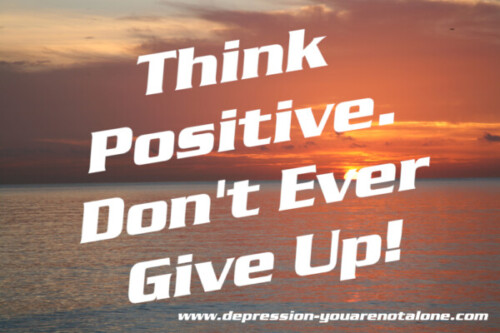The Connection Between Depression and Anxiety
By Editorial Team AI
Depression and anxiety are two separate but often co-occurring mental health conditions that can have a significant impact on a person’s quality of life. This report will explore the relationship between clinical depression and anxiety, including diagnosis, causes, treatment, and other relevant information.
Diagnosis of Depression and Anxiety
Depression and anxiety are diagnosed by a mental health professional based on a person’s symptoms, medical history, and other relevant factors. The diagnostic criteria for depression and anxiety are outlined in the Diagnostic and Statistical Manual of Mental Disorders (DSM-5).
Symptoms of Depression
The symptoms of depression can include a persistent feeling of sadness or hopelessness, a loss of interest in activities that were previously enjoyable, changes in appetite and sleep patterns, feelings of guilt or worthlessness, and difficulty concentrating or making decisions. In severe cases, depression can lead to thoughts of suicide.
Symptoms of Anxiety
The symptoms of anxiety can include excessive worry or fear, restlessness, irritability, difficulty sleeping, and physical symptoms such as sweating, trembling, and heart palpitations. Anxiety can be generalized or specific to certain situations or objects.
Causes of Depression and Anxiety
The causes of depression and anxiety are complex and can vary from person to person. Some potential causes of depression and anxiety include genetics, chemical imbalances in the brain, traumatic life events, chronic stress, and physical health conditions. In some cases, depression and anxiety can also be triggered by certain medications or substance abuse.
Treatment of Depression and Anxiety
The treatment of depression and anxiety can vary depending on the severity of the symptoms and the underlying causes. Treatment options may include psychotherapy, medication, lifestyle changes, or a combination of these approaches. Cognitive-behavioral therapy (CBT) is a type of psychotherapy that is often used to treat depression and anxiety. CBT focuses on changing negative thought patterns and developing coping strategies to manage symptoms.
Medications such as antidepressants and anti-anxiety drugs can also be used to treat depression and anxiety. These medications work by altering the levels of certain chemicals in the brain that are associated with mood and anxiety.
In addition to therapy and medication, lifestyle changes such as regular exercise, healthy eating, and stress management techniques can also be helpful for managing symptoms of depression and anxiety.
Conclusion
Depression and anxiety are two separate but often co-occurring mental health conditions that can have a significant impact on a person’s quality of life. They are diagnosed by a mental health professional based on a person’s symptoms, medical history, and other relevant factors. The causes of depression and anxiety are complex and can vary from person to person. Treatment options may include psychotherapy, medication, lifestyle changes, or a combination of these approaches. If you or someone you know is experiencing symptoms of depression or anxiety, it is important to seek help from a qualified mental health professional.

